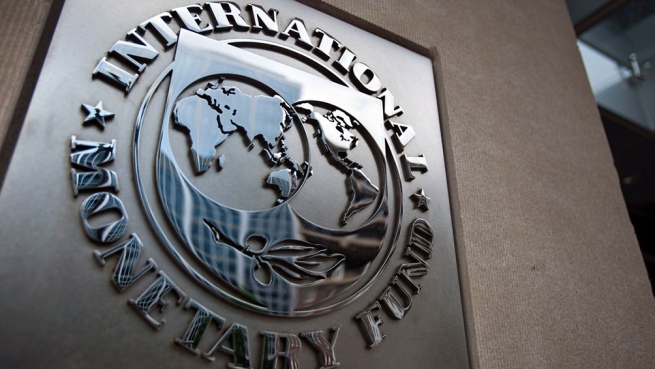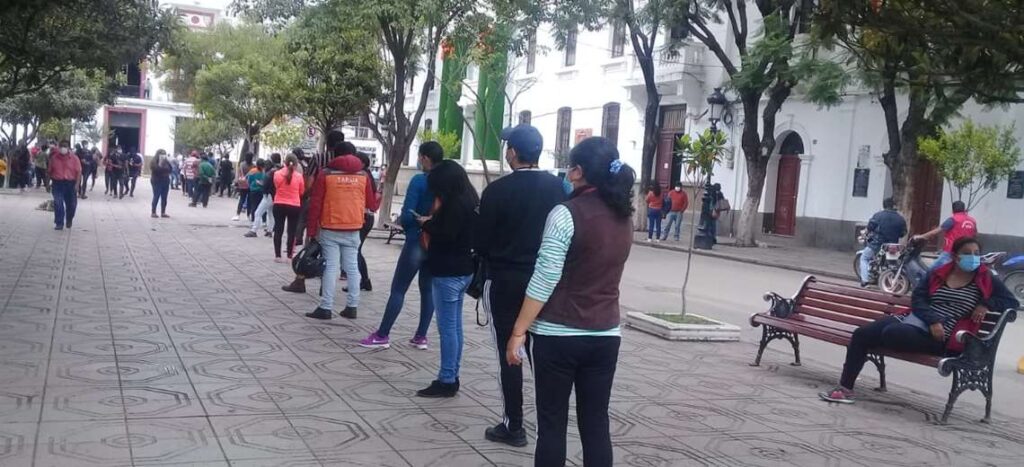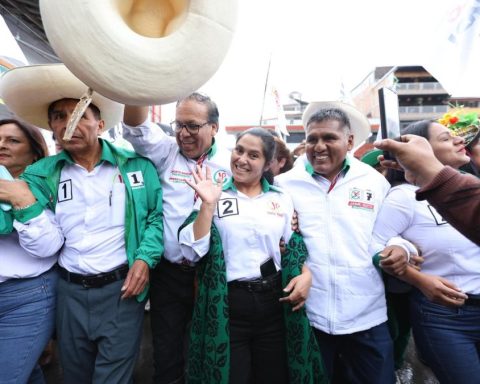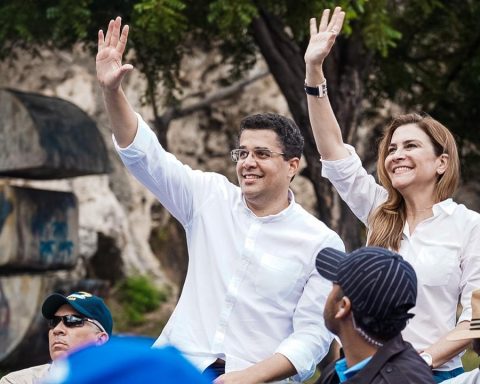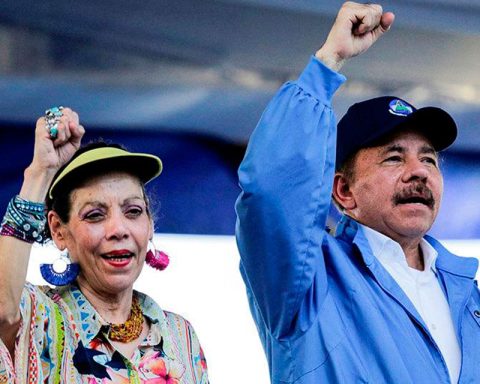Two economists from the International Monetary Fund (IMF) launched a proposal on Thursday to Lthe creation of a proposed $50 billion trust fund, to help vulnerable low- and middle-income countries build resilience to balance of payments shocks and ensure a sustainable recovery.
On the agency’s website, the Directors of the IMF’s Strategy, Policy, and Review Department (SPR), Ceyla Pazarbasioglu and Uma Ramakrishnan, propose the creation of such a trust fund to “not overlook the longer-term challenge of transforming economies, so that they are more resilient to shocks and achieve sustainable and inclusive growth.”
The document states that “The IMF is considering options to channel some of the $650 billion SDRs issued in August 2021 from countries with strong external financial positions to vulnerable countries through a Resilience and Sustainability Trust (RST). The central objective of the RST is provide affordable, long-term financing to help countries meet structural challenges.
Later, the authors they hope that “the Executive Board of the IMF will be able to approve the RST, before the next Spring Meetings and that it will be fully operational before the end of the year”.
The document highlighted that within the eligibility criteria “about three-quarters of IMF members could be eligible for RST financing. This would include all low-income countries, all small developing and vulnerable states, and all middle-income countries with GNI per capita less than 10 times the 2020 IDA operating limit, or about $12,000,” a threshold where Argentina would fall.
Regarding the qualification to access the RST, the IMF document stated that “to qualify for RST support, an eligible member would need a policy package of high quality consistent with the purpose of the RST; a concurrently financed or non-financed program supported by the IMF with appropriate macroeconomic policies, to mitigate risks for borrowers and creditors; Y sustainable debt and adequate capacity to repay the IMF”.
In reference to the interest rate and terms, Like the Trust Fund for Low Income Countries (PRGT), the RST would have a zero interest rate and “a maturity of 20 years and a grace period of 10 years have been proposed, with a staggered interest structure that would differentiate the conditions of funding across groups of countries, with a high degree of concession for lower-income members.
The research work proposes that “access to RST funding would be determined on a case-by-case basis, depending on the strength of reforms and debt sustainability considerations, and expected to be capped at 150% of IMF quota or SDR 1 billion, whichever is less. The RST loans would be part of a broader financing strategy that members would pursue to address longer-term balance of payments risks, involving a mix of multilateral, official bilateral and private financing.”
Finally, the document states that “the success of the new trust will depend equally on the financially stronger members of the IMF providing significant resources to help countries to improve resilience and long-term sustainability; borrowers willing to go the extra mile to achieve the macroeconomic environment and reform framework conducive to improving balance of payments stability; other international financial institutions that support with their experience, knowledge and financing when feasible. These actions would also help mobilize private sector investment.”
